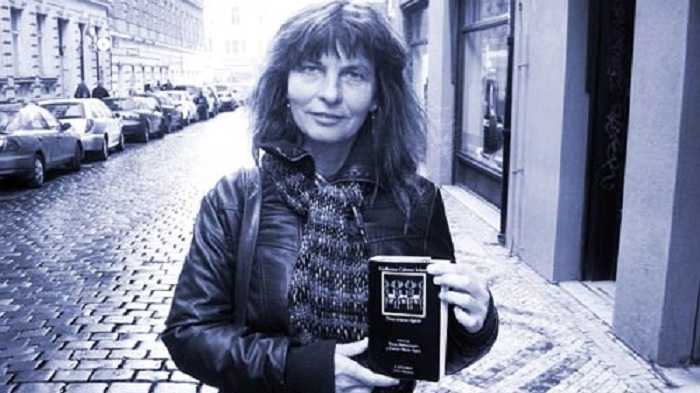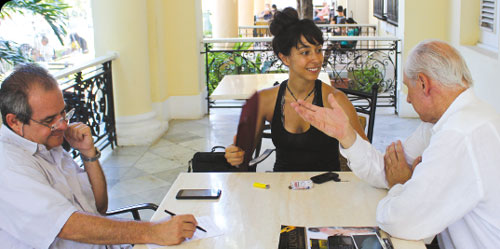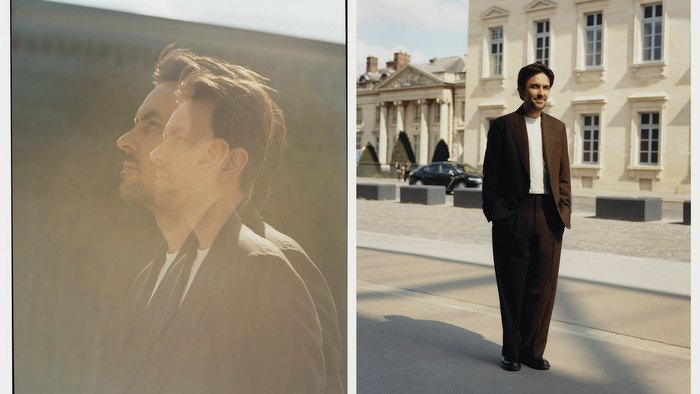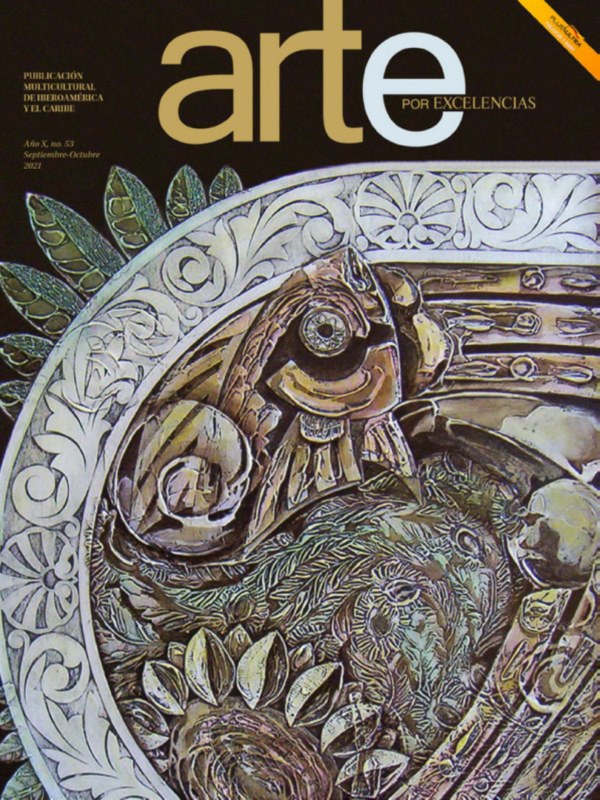I come from an intense and tremendous family tradition. We are five generations: John Onios, his great-grandfather Loubouyán Tarandín, my grandfather Charlie, my mother Geraldine and me. One branch is Irish and American, and the other is British.
Chaplin grew up in British England, but my mother is a Brit who has never lived in England. She is a Goddess; the wisest person I know and the most generous; humble in the most beautiful way. We speak in English whenever we meet wherever we are, but she expresses herself in all languages. She must know Chinese, because she is very good at languages.
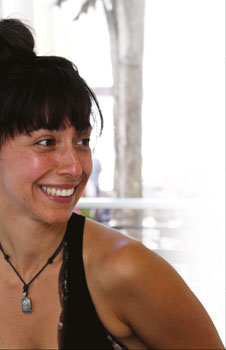
And today we are a satellite and skype family, all scattered around the world. I get angry in Spanish, I think in English, and when I want to be really pretentious, I speak French. So I do not share borders or countries. I feel like a citizen of the world.
At first I was a reluctant actress. I did not want to have to do with this world, and I tried to avoid acting. I was always very academic: I wanted to study Politics. Actors would seem frivolous and vain, in stupid poses, to me. But at fifteen, I had to do a theater test, and I assumed that I had been “infected by the virus”: like flipping a coin and assuming I liked it.
It was then I realized how important narrative for a human being is, how essential for the evolution of a human being is to tell his story, or at least a story. That is how we learn, because everything is a story. People do not create a story because they reason it, but because they feel it, because it has a force that perhaps can explain what you do not understand.
My thing is not limited to acting. I like playing, devoting my energies, as possible, to beauty, and enjoying what the planet and universe are. And I do not need to work in the industry, because I do anything.
As you see, I have many opinions on everything, and they are mine. My experience tells me that the human being is happier when he shares, not only when he receives. And to do so means recognizing the other's humility.
Related Publications
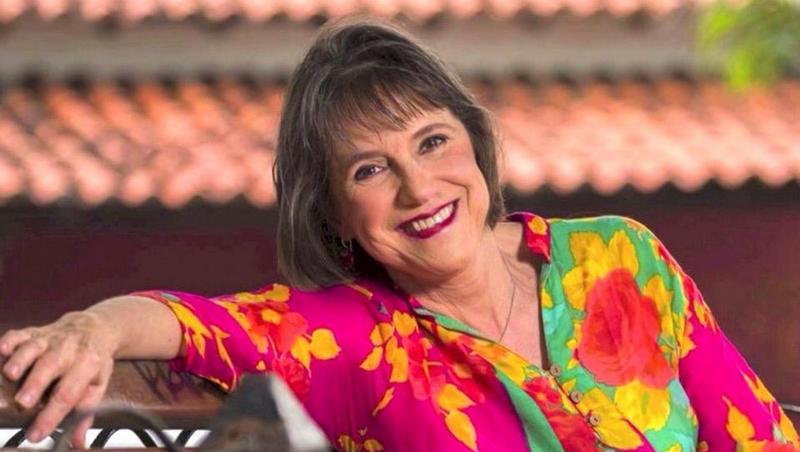
Cecilia Todd. Singing always makes sense
August 21, 2020
Q & A with Marguerite Horberg of Hot House
July 17, 2020